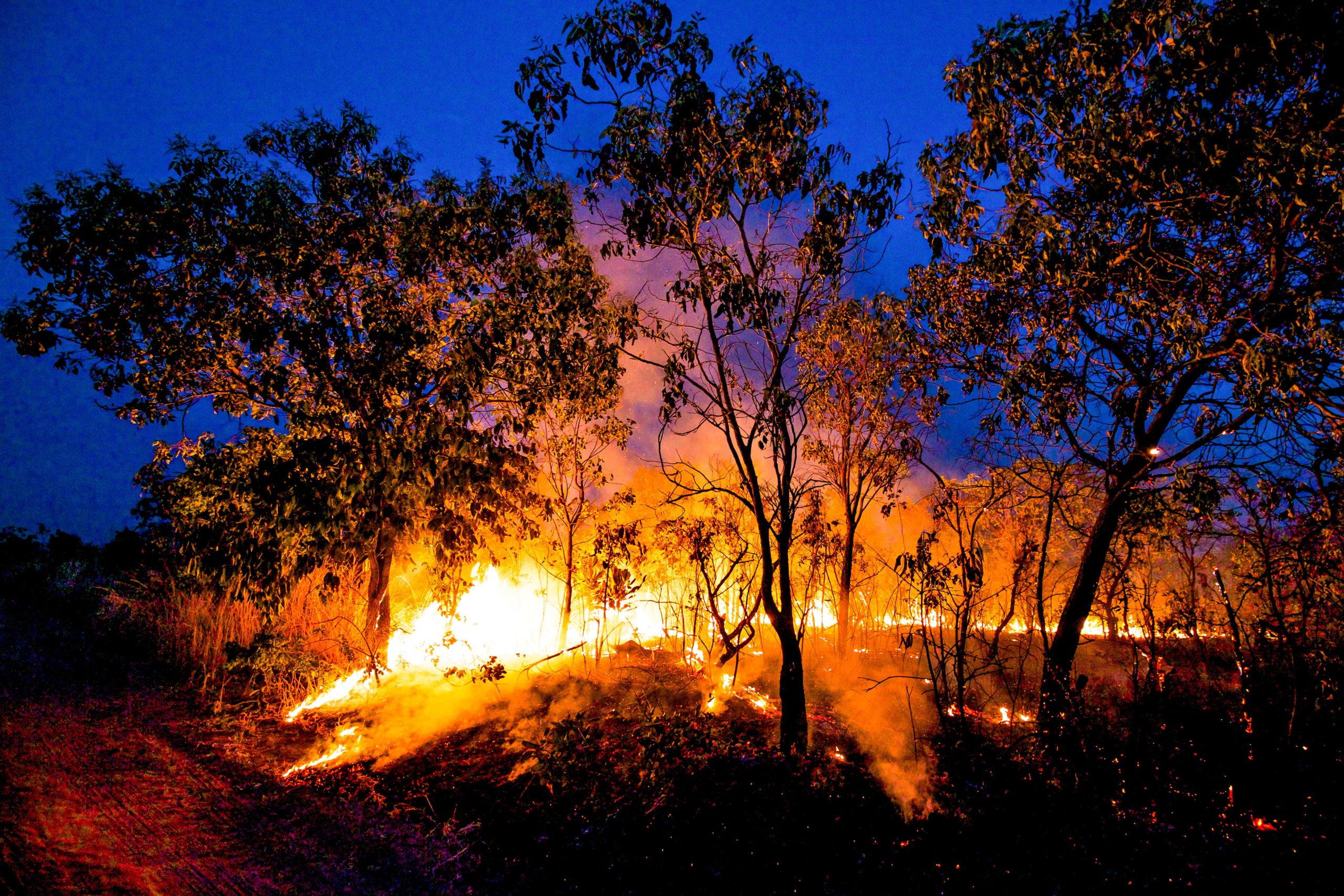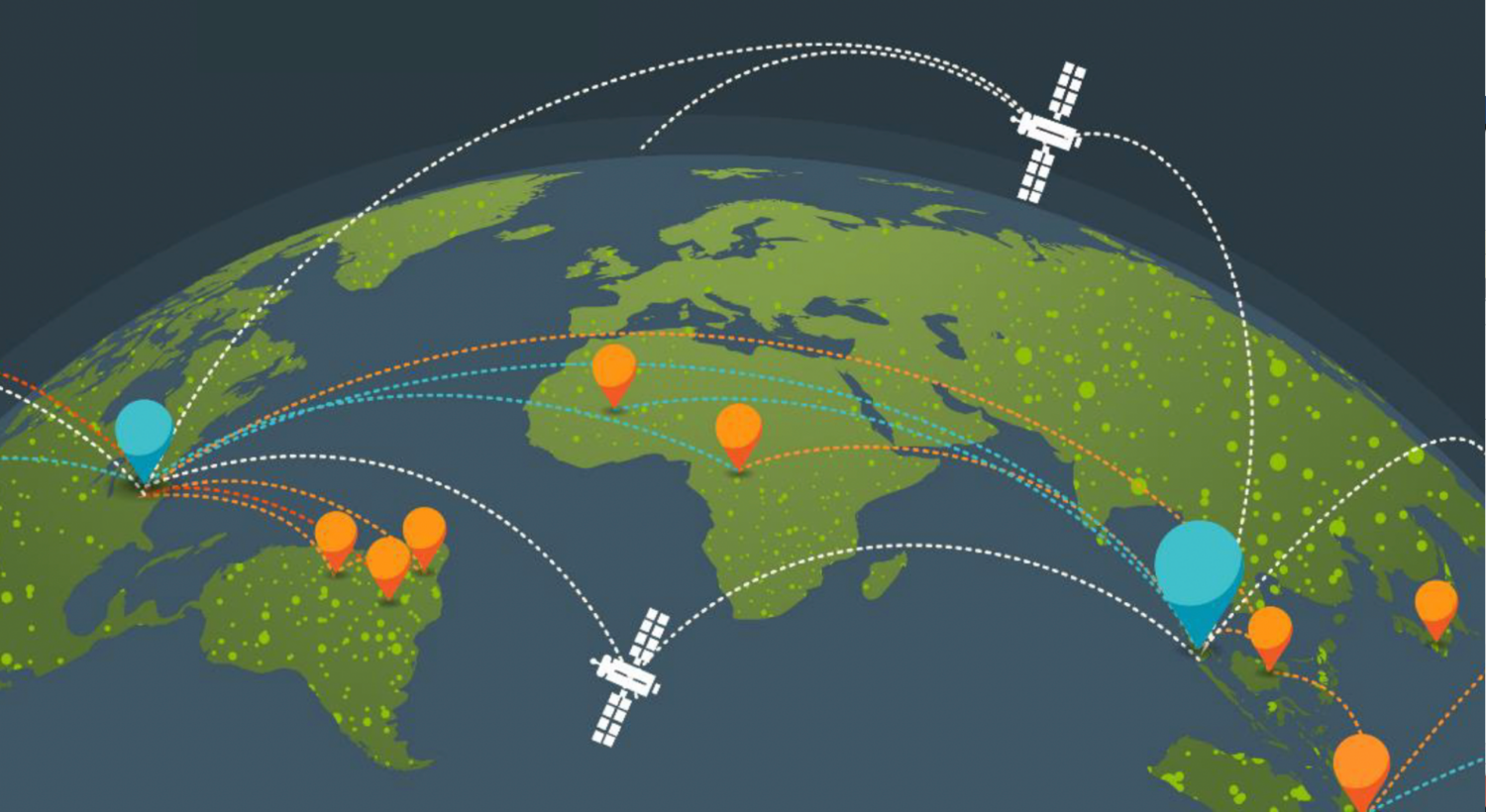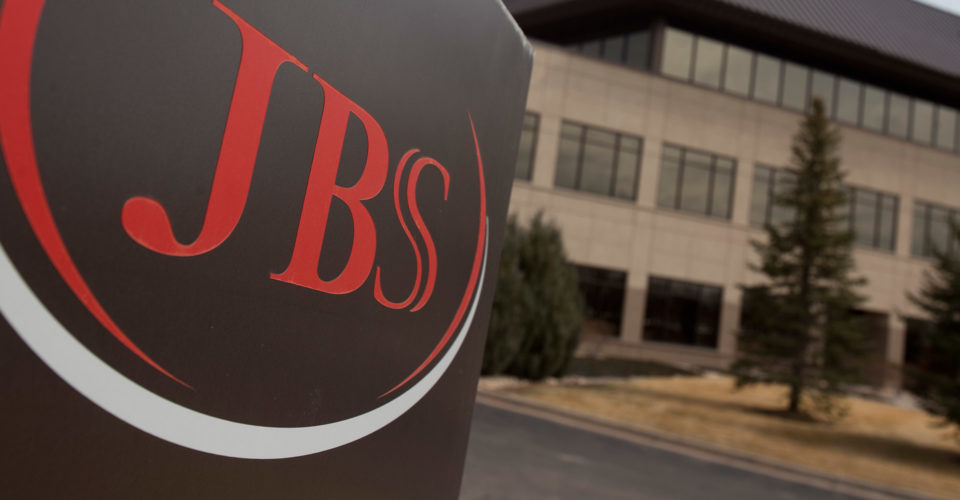
How Pressuring Corporations Can Save the Amazon from Destruction
As the Amazon undergoes another wave of deforestation, a blueprint for halting the runaway exploitation can be found in Southeast Asia, where pressure campaigns on companies and improved government monitoring are finally slowing the devastation caused by the palm oil industry.
Mighty Earth’s CEO Glenn Hurowitz discussed this finding in an opinion piece for Yale E360:
As severe and sweeping in impact as the Amazon deforestation crisis is, it is also avoidable. Lessons from half a world away show us that it is possible to transform private industry and improve governance to dramatically reduce deforestation.
In Southeast Asia, the palm oil industry’s environmental notoriety is well-deserved. In just a few decades, it has burned and bulldozed more than 30,000 square miles of the region’s forests and replaced them with monoculture plantations in order to make cheap vegetable oil, soap, and biofuels. In the oil-palm-growing heartland in Indonesia and Malaysia, you can fly in a jet several miles up in the air, look out your window, and see nothing other than oil palms stretching to the horizon in what was once orangutan and tiger habitat. For many, this deforestation is a lot more than a statistic: It represents dozens of Indigenous communities dispossessed of their lands and their livelihoods.
However, despite important remaining challenges and risks, an analysis by the nonprofit, Chain Reaction Research, shows that deforestation for palm oil has plummeted from a million acres per year to fewer than 250,000 acres in each of the past three years. While that is still way too much, it is a remarkable decline.
Read the full piece at Yale Environment 360.


